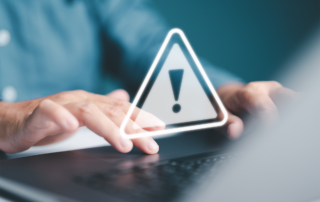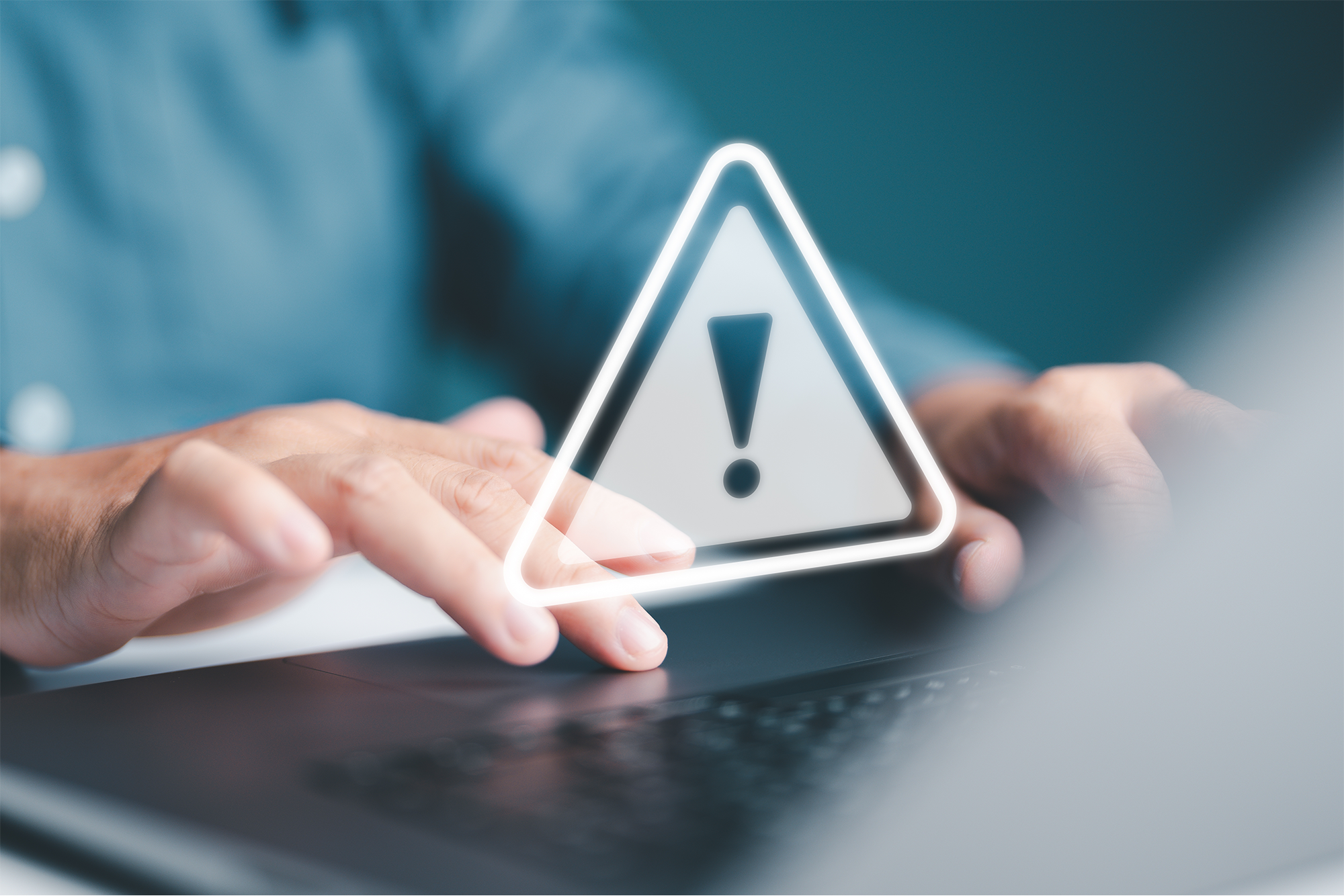Business Continuity Planning
Risk management often means expecting and planning for the unexpected. In order to maintain the safety of the employees and customers and ensure the viability of your business, you need to prepare for unforeseen disasters. These risks may include criminal activity, natural disasters or terrorist acts. Any one of these threats could be serious enough to devastate your business, but if you have readiness plans in place you can work to minimize their impact.
Without prior planning, you leave your company open to financial disaster, especially if you are forced to close operations for a period of time. In addition, without a proper plan to cope with a disaster situation, your company may face lawsuits from customers, vendors or employees claiming negligence.
Secure Your Facility
One of your main security risks is criminal activity, including vandalism, theft and violence. Though not all security threats can be avoided, some situations can be prevented with appropriate preparation:
- Advise management and employees to report any suspicious persons or activity in or around the facility.
- Limit the number of unlocked entrances that customers may access. Consider locking any employee-only rooms, and keep any cash on hand in a safe.
- Survey locks, fences, exterior lights and other physical security devices to ensure that they are in place where needed and in proper operating condition. Establish a monthly inspection of your security perimeter and key protective features of your facility.
- Conduct regular inventories of the warehouse and products on the shelf.
- Pay special attention to areas where you are storing explosive, flammable or toxic chemicals. These areas should be properly secured and inventoried, with limited hands-on contact of these materials when possible.
- Evaluate critical locations in your facility for proper security, including the electric, telephone and gas units, building entrances, transformers and outside storage units.
- If your facility has a security/fire alarm system, be sure it is operating properly and that key personnel know how to arm/disarm it.
- Make sure that fire suppression systems are regularly inspected and maintained. Also be sure that a sufficient number of trusted personnel know how to activate, operate and shut them down.
- Closed-circuit television can serve as an excellent crime deterrent, and when the system is equipped with a recorder it can help solve crimes. You should monitor all areas inside your facility, including areas where money or records are kept, along with the parking lot and area outside your building.
- Review your procedures for issuing facility keys. At a minimum, keep lists of who has been issued keys and have a procedure for handling a situation when a troubled employee is terminated without returning them.
- Discuss security with your local police department. Police departments are often very willing to provide information and support to local businesses.
- Have your local fire department conduct a pre-planned visit to your building. While there, they can identify potential hazards and plan fire suppression priorities.
Prepare for a Potential Disaster
It’s equally important that your business takes steps to protect against disasters:
- Keep copies of insurance policies and other critical documents in a safe and accessible location (e.g. a fireproof safe).
- Evaluate which disasters are most likely to occur in your area, remembering to include the possibility for terrorist activity. Be sure you are prepared for all of the risks you identify.
- Develop a Disaster Recovery or Business Continuity Plan. If you already have one make sure that it is up-to-date. This entails preparing for anything that disrupts your business operations and planning for a backup option. You may consider identifying backups for essential operations, supply chains, personnel, business functions, data processes, distribution channels and communication methods.
- Have telephone call lists available (include cell phone and pager numbers) for all key personnel so staff members can be contacted during non-working hours from any location. Review procedures for notifying employees that your facility is closed. Remind employees that they should never attempt to enter areas that are closed by police or other emergency responders.
- Consider establishing an alternate method for your phone service if the switchboard becomes unusable (e.g. forwarding incoming calls to a cell phone or remote number).
- Check available emergency supplies such as flashlights, batteries, emergency generators/fuel, patching materials such as plastic sheeting, wood 2x4s, duct tape, spare fire extinguishers, first aid kits, etc.
Use these tips to help mitigate unexpected risk, and call your INSURICA representative today for more resources.
This Risk Insights is not intended to be exhaustive nor should any discussion or opinions be construed as legal advice. Readers should contact legal counsel or an insurance professional for appropriate advice. © 2010 Zywave, Inc. All rights reserved.
About the Author
Share This Story
Related Blogs
OSHA’s Safe and Sound Week Scheduled for Aug. 12-18
Each year, more than 5,000 workers are killed on the job. Additionally, more than 3.6 million employees are seriously injured each year while at work. Because of this, the Occupational Safety and Health Administration (OSHA) holds a nationwide event each August called Safe and Sound Week, which promotes the importance of companies incorporating safety and health programs into their workplace. This year, the event runs Aug. 12-18, 2024.
2024 Midyear Market Outlook: Workers’ Compensation
Profitable underwriting results have generated favorable conditions across the workers’ compensation insurance market for nearly a decade. According to the National Council on Compensation Insurance (NCCI), the segment produced combined ratios of 84.5 and 84.9 in 2022 and 2023, respectively, demonstrating continued profitability.
CrowdStrike, the Most Important Cyber Accumulation Loss Event Since NotPetya, Highlights Single Points of Failure
In what is being called “the most important cyber accumulation loss event since NotPetya,” the July 19, 2024, global technology outage (CrowdStrike) will produce scores of insurance claims across a range of policies, test cyber policy wordings,and sharpen the industry’s focus on single points of failure.







